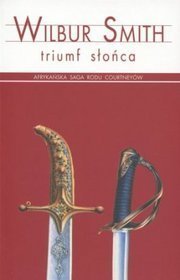What do you think?
Rate this book


528 pages, Paperback
First published January 1, 2005
She locked her thighs round his hips and felt him burrowing into the silken nest of curls at the fork of her legs.* “Quickly! I cannot live another moment without you inside me.”** She pressed down hard, screwing up her eyes with the effort, and felt all resistance to him give way. She dug her fingernails into his back and pushed down again. Then nothing else in the world mattered: all her worries and fears dissolved as he glided in, impaling her deeply. She felt her womb open to welcome him…***